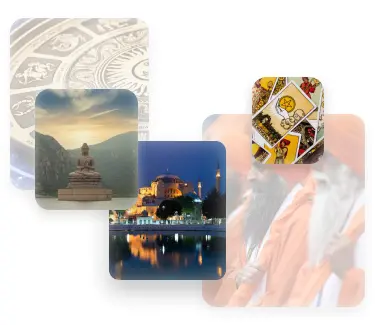The appearance of religion is associated with the city of Mecca, located in the western part of Arabia (7th century AD). At that time, polytheism (paganism) was the dominant religion in this region of Asia. The birth of Islam coincided with the collapse of the tribal system. For the divided Arab tribes, the emergence and spread of Islam has become a symbol of unity.
The founder of Islam is the Prophet Muhammad, who in 610 announced that the angel Jabrayil descended from heaven to him and transmitted 5 teachings of the Koran.
For 3 years, the prophet spread the faith among his acquaintances, and then he spoke on the main square in Mecca. But the supreme power reacted unfavorably to Muhammad and he had to move to Medina.
The tribes of Medina adopted Islam. The theocratic state of the Arab Caliphate was soon formed.
In the 11th century, the active islamization of the peoples of India began.
Trade ties contributed to the emergence of Islam in Indonesia.
In the 16th century, the population of the Ottoman Empire adopted Islam.
In the 19th century, Islamic countries became dependent on Europe. The struggle against colonization led to the emergence of islamism (political Islam). Currently, this radical trend is extremely popular in Iran.



 RU
RU
